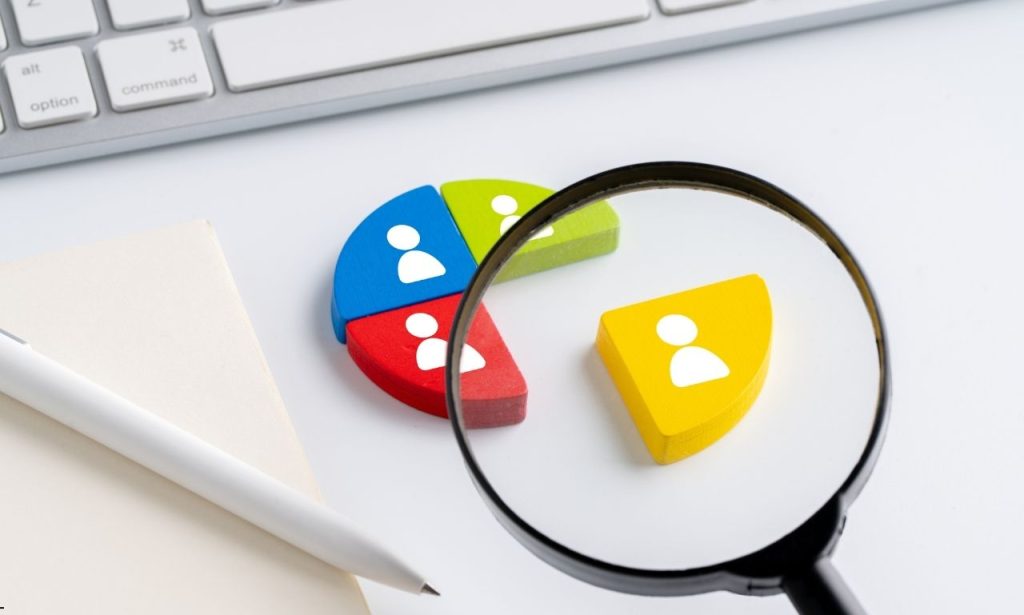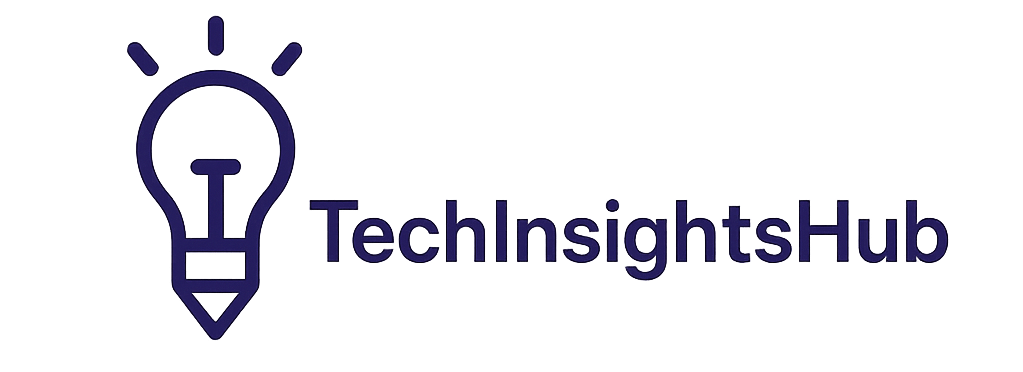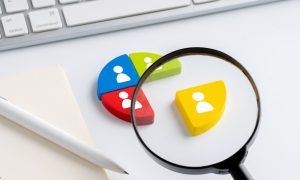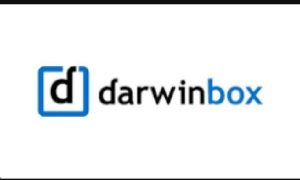Choosing the right HR system can make or break your business operations in Malaysia. The work landscape has changed dramatically over the past few years. Companies now need robust systems to manage their workforce efficiently. Gone are the days of paperwork and manual tracking of employee data. Modern HR software offers solutions that save time and reduce errors. Malaysian businesses face unique challenges with local compliance and regulations. That’s why finding HR software tailored to Malaysian requirements is crucial. Let’s explore the top HR systems in Malaysia.
Top 6 HR Software in Malaysia in 2025

The Malaysian market offers several excellent HR solutions for businesses of all sizes. Each system comes with its own strengths and specialties. Your choice should align with your company’s specific needs and budget. Here’s an honest look at the six best HR systems currently available in Malaysia.
HR2eazy
HR2eazy stands out as a locally developed solution built specifically for Malaysian businesses. The platform addresses the unique challenges of Malaysian labor laws and regulations. Users praise its intuitive interface that requires minimal staff training.
The system handles everything from recruitment to retirement in one centralized platform. Its payroll module automatically calculates EPF, SOCSO, and EIS contributions without hassle. Many Malaysian SMEs appreciate the affordable pricing structure based on company size.
HR2eazy offers mobile access, allowing managers to approve requests on the go. The attendance tracking works with most biometric devices already used in offices. Local support teams respond quickly to questions about Malaysian-specific compliance issues. Their cloud-based approach means no expensive hardware investments are necessary. Updates to the system automatically reflect changes in Malaysian tax regulations.
BrioHR
BrioHR combines comprehensive features with a clean, modern interface that employees actually enjoy using. The system was built with Asian businesses in mind, including Malaysia’s specific requirements. Many users switch to BrioHR from older systems due to its user-friendly design.
The platform excels at automating repetitive HR tasks that waste valuable time. Its analytics dashboard provides actionable insights about workforce trends and patterns. Malaysian managers appreciate the customizable approval workflows that match company policies.
BrioHR integrates smoothly with popular accounting software used by Malaysian businesses. The employee self-service portal reduces HR workload by empowering staff to handle routine matters. Regular updates keep the system compliant with changing Malaysian employment regulations. Their pricing remains competitive while offering more features than many alternatives.
Swingvy
Swingvy has gained popularity among Malaysian startups and tech companies for good reasons. The platform focuses on simplicity without sacrificing essential features for compliance. Many users describe Swingvy as the most straightforward HR system they’ve implemented.
The cloud-based solution requires no technical knowledge to set up and maintain. Its mobile app receives high ratings for making HR accessible anywhere, anytime. Malaysian businesses appreciate the dedicated payroll module designed for local requirements.
Swingvy automatically calculates and generates mandatory statutory contributions accurately. The leave management system includes Malaysian public holidays and customizable leave types. Their customer service team understands Malaysian business practices and responds quickly. Smaller companies particularly value Swingvy’s affordable pricing structure.
GreatDay HR
GreatDay HR brings a unique approach to employee management that resonates with Malaysian companies. The system emphasizes employee engagement alongside traditional HR functions. Users note that staff actually use the platform regularly, unlike many HR systems.
The mobile-first design works well for companies with remote or field-based employees. Its attendance tracking includes selfie verification for remote workers, a feature many appreciate. Malaysian businesses value the built-in communication tools that reduce email overload.
GreatDay HR handles multi-company setups, which is perfect for businesses with several entities. The platform supports multiple languages, including Bahasa Malaysia for local staff. Their implementation team helps customize the system to match existing company workflows. The payroll system handles complex calculations for different salary structures.
altHR
altHR comes from Digi, a trusted Malaysian telecommunications provider many already know. The platform combines simplicity with comprehensive features needed by Malaysian businesses. Many users report smooth transitions from manual processes to this digital solution.
The expenses module simplifies claims processing, a common pain point for Malaysian companies. Its document feature keeps important employee files secure yet accessible when needed. Malaysian businesses appreciate the benefits module for tracking insurance and perks.
AltHR’s e-payslips comply with local requirements while being easy for employees to access. The platform receives regular updates reflecting changes in Malaysian employment regulations. Their pricing structure works well for growing businesses that need scalability. Local support teams understand Malaysian business practices and respond promptly.
What to Look for in HR Software?
Selecting the right HR system requires understanding what features matter most. Malaysian businesses have specific needs that are different from those of companies elsewhere. Consider these crucial factors before making your decision.
Multi-Language and Localized Functionality
Look for HR software that speaks your company’s language—literally. Many Malaysian workplaces operate in multiple languages daily. The best systems offer interfaces in English, Bahasa Malaysia, and sometimes Chinese.
Language options help ensure all employees can use the system comfortably. Documentation and help resources should also be available in relevant languages. Malaysian public holidays should come pre-configured in the calendar system.
The system should accommodate Malaysian identification formats like IC numbers. Look for platforms that understand local address formats and phone number structures. These small details make a big difference in day-to-day usability.
Streamlined Payroll Integration and Automation
When not handled correctly in Malaysia, payroll processing can cause headaches. Good HR systems automatically calculate EPF, SOCSO, EIS, and PCB deductions. Tax calculations should also update automatically when government regulations change.
The best platforms generate statutory forms and reports without extra work, so look for systems that handle different employment types common in Malaysia. Overtime calculations should follow Malaysian labor laws automatically.
Salary disbursement should integrate with major Malaysian banks for direct deposits. Year-end processes like EA forms should be automated to save time. These features ensure compliance while significantly reducing manual effort.
Empowering Employee Self-Service Capabilities
Self-service features reduce HR workload while improving employee satisfaction. Look for systems where staff can update personal details without HR involvement. The ability to submit leave requests and check balances saves everyone time.
Employees should access their own payslips and tax forms securely. Good systems allow staff to submit claims and track approval status. These features work best with mobile apps that Malaysian employees can use anywhere.
Self-service doesn’t mean abandoning employees to figure things out alone. The interface should be intuitive enough for all staff, regardless of tech skills. These capabilities create independence while maintaining necessary oversight.
Reliable Vendor Support with Local Expertise
Local support makes all the difference when implementing HR systems in Malaysia. The vendor should understand Malaysian labor laws and compliance requirements. Support teams should respond during Malaysian business hours, not overseas time zones.
Look for providers offering initial training in languages your staff understand. The best vendors provide regular updates reflecting changes in Malaysian regulations. Consider whether the company has a physical presence in Malaysia.
Check if the vendor offers implementation assistance tailored to Malaysian workflows. Ask about their track record with similar Malaysian businesses. This local expertise prevents costly mistakes and ensures smoother adoption.
Conclusion
Finding the best HR system in Malaysia comes down to your specific business needs. Each platform offers unique strengths worth considering carefully. HR2eazy and altHR stand out for their deep understanding of Malaysian requirements. BrioHR and Swingvy excel in user experience and modern interfaces. GreatDay HR offers exceptional employee engagement features worth exploring.
The right system should grow with your business without becoming unaffordable. Consider starting with core modules and adding features as needed. Take advantage of free trials before committing to any platform. Involve your team in the decision since they’ll use the system daily.
Remember that even the best HR system requires proper implementation. When switching systems, plan for training and adjustment periods. The investment pays off through improved efficiency and better compliance. Your choice today affects your company’s operations for years to come.
Also Read: The Role Of AI in Automotive and Smart Transportation
FAQs
Most HR systems in Malaysia charge between RM15-50 per employee monthly. Pricing typically depends on modules selected and company size.
Yes, most systems like HR2eazy and GreatDay HR support multiple entities under one account for holding companies.
Absolutely! Modern solutions like Swingvy and altHR offer mobile apps and remote work features designed for distributed teams.
Most companies complete basic implementation within 2-4 weeks, with full adoption taking 2-3 months, depending on company size.


